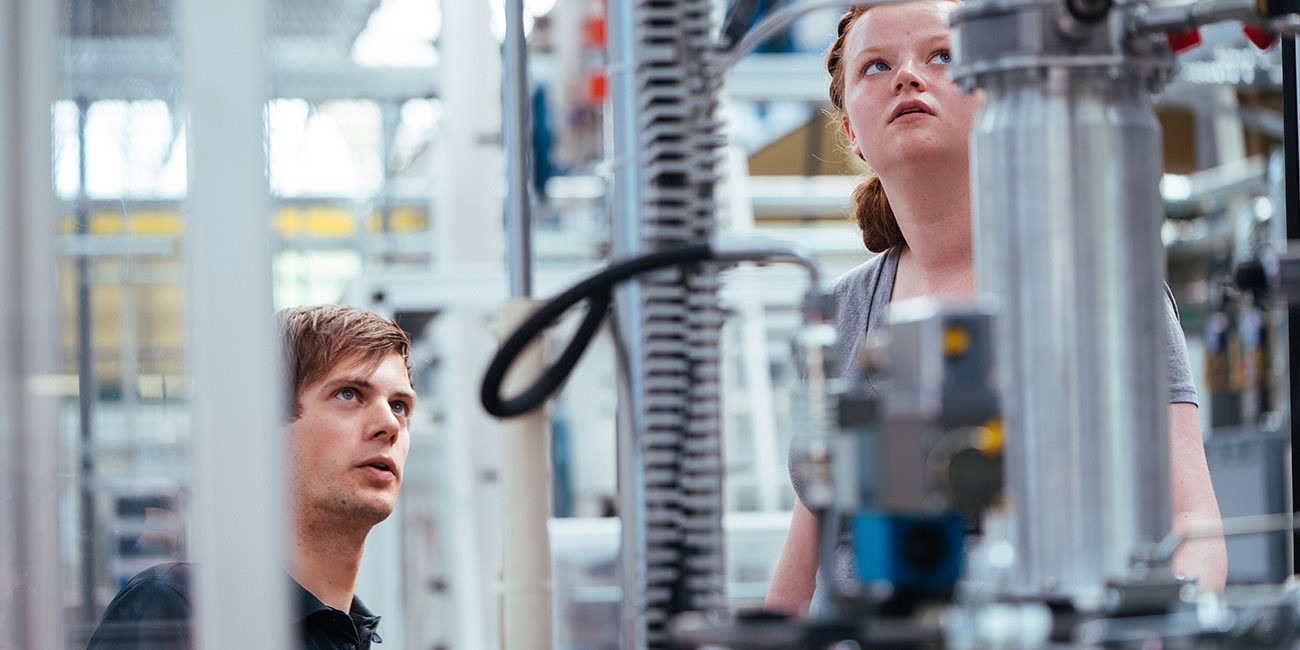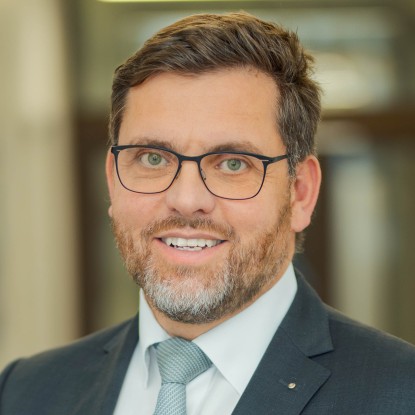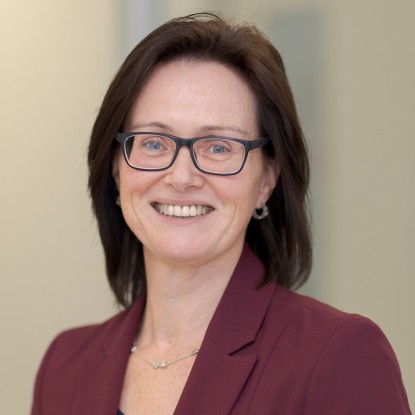3rd International Conference on Uncertainty in Mechanical Engineering
At ICUME, the participants will discuss methods and technologies to describe, evaluate and control uncertainty in mechanical engineering applications. International scholars and specialists will come together to provide a broad forum to discuss the description, evaluation, avoidance, elimination of and adaptation to uncertainty.
It is the aim to control uncertainty throughout the system’s complete lifetime in planning, development, production and usage of mechanical structures and systems. Engineers, mathematicians, legal experts and other areas of expertise working in uncertainty evaluation exchange latest research results and application of uncertainty control.
See also flyer (wird in neuem Tab geöffnet) .
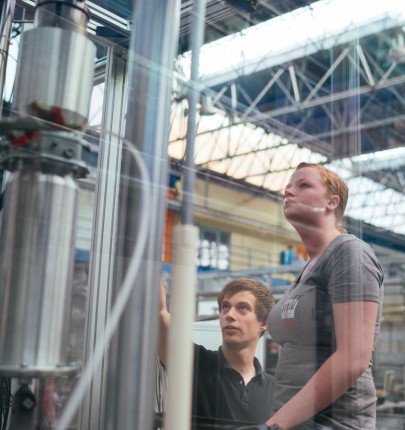
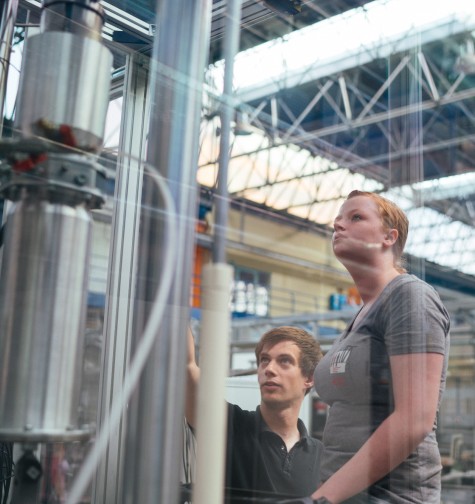
In addition to the main session on Uncertainty in Mechanical Engineering, there will be sessions on special topics in the context of the conference.
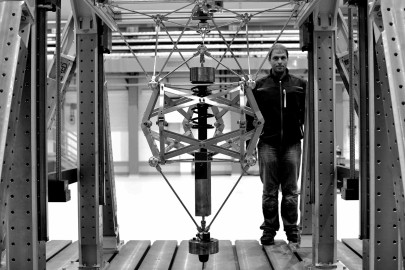
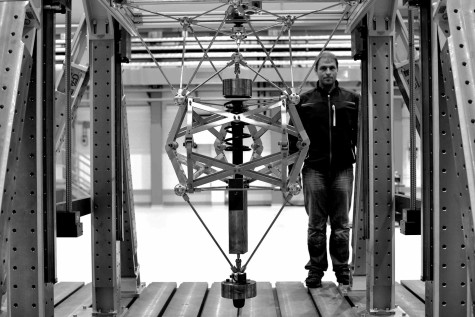
ICUME 2018 is a single or parallel session conference where all presented papers will have been peer reviewed. The conference proceedings will be published in full text in a periodical on www.scientific.net by Trans Tech Publications Ltd.
Participants are kindly invited to submit an abstract in English. After a review of these abstracts qualified participants are asked to submit a full paper. The papers must have at least 6 pages and should not exceed 14 pages. The submitted papers are subject to a full peer review process. All deadlines are listed in the next paragraph.
One author of the accepted paper must register and present the paper at the conference. We kindly ask you to submit your abstract online.
If you have been accepted for a paper submission, please submit this paper on the website of our publisher. You will be notified after the review process.
|
Extended Abstract Submission |
January 15, 2018 |
| Full Paper Submission | April 30, 2018 |
| Reviewed Papers | June 15, 2018 |
| Final Paper Submission | July 15, 2018 |
| Conference | November 15 – 16, 2018 |
Please register online.
| Regular | 500,- € |
| Day pass | 300,- € |
| Student | 50,- € |
The fee includes a printed copy of the conference proceedings and participation at the conference dinner.
For further information please contact Mr Philipp Leise, +49 6151 16-27105, Head of Organization.

